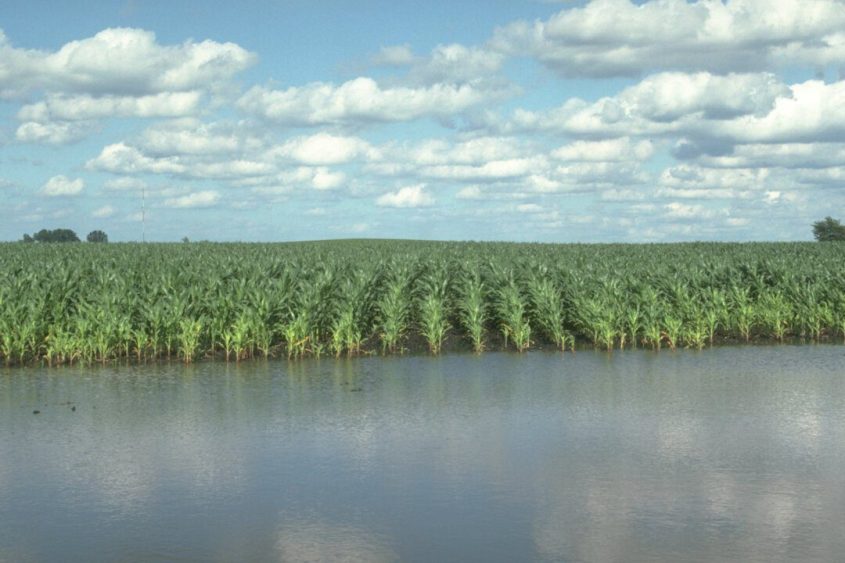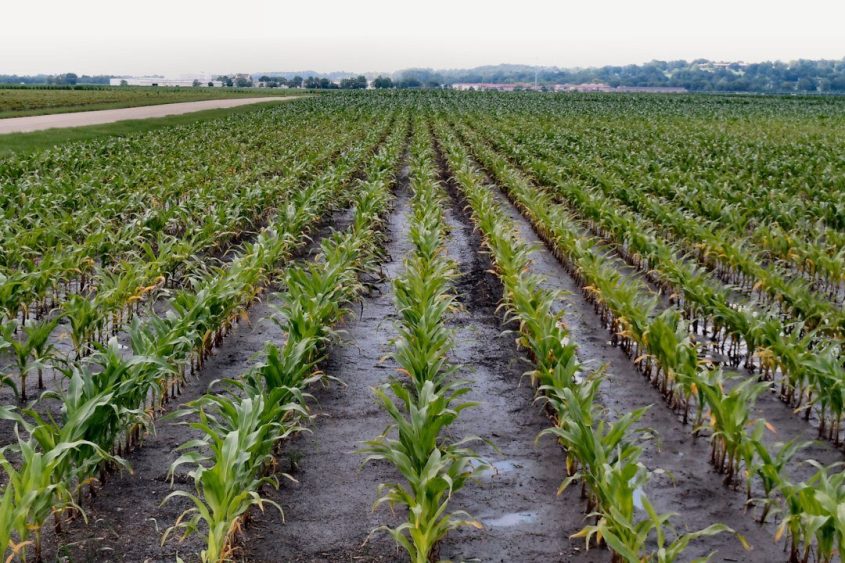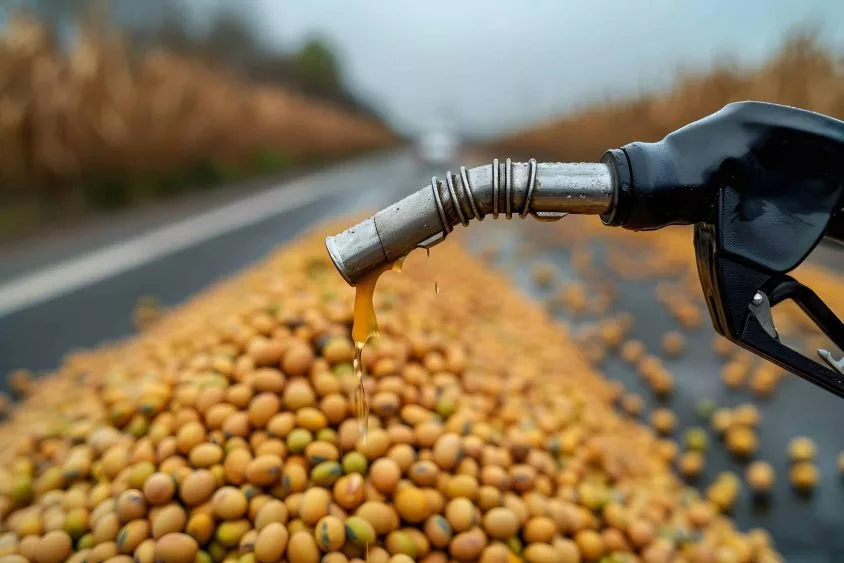
From extended droughts to flooding and hail, weather extremes are becoming more common, and farmers are taking steps to protect their crops and land.
During the past several decades, the Midwest has seen a marked rise in rainfall — April through June — including more frequent heavy downpours.
“From April 1 to mid-June, which I consider our planting window, we’re approaching 30 inches of rain,” said Ben Jacob, Pioneer Field Agronomist in Indiana. “That’s pretty substantial and presented some significant hurdles.”
Understanding and incorporating long-term climate trends into crop management decisions can help minimize risk and increase the likelihood of success in crop production.

Soil Conservation and Health
The trend toward greater precipitation and more intense rainfall events places a greater importance on soil conservation practices and erosion protection.
Managing soil compaction will also be important as farmers may be increasingly compelled to conduct field operations when soil conditions are wetter than optimal in part or all of a field.
Management practices that help build soil organic matter and structure will help make the soil more resilient to compaction, increase water holding capacity and allow excess water to drain more quickly, all of which will be increasingly important with the greater frequency of growing seasons that are too wet early and too dry late.
Crop Management
Adaptation is second nature to farmers. Because every season consists of optimizing crop selection, hybrid/variety selection, and agronomic management for maximum yields, farmers continually adapt to changing circumstances. However, more diligent management can help growers better prepare for extreme weather shifts.
Corteva Agriscience offers a range of tools and tactics to help growers adapt their crop production systems to changing conditions and new challenges.
Crop breeding efforts in key geographies, coupled with extensive local testing, ensure new hybrids and varieties have the characteristics necessary to thrive in the environments in which they are grown.
In addition, extensive research on pest management tools, seed treatments and crop management helps farmers protect yield potential in the face of environmental stresses and shifting pest spectrums.
Crop management research and insights provided by Pioneer agronomists helps farmers optimize management practices and stay ahead of emerging issues.





